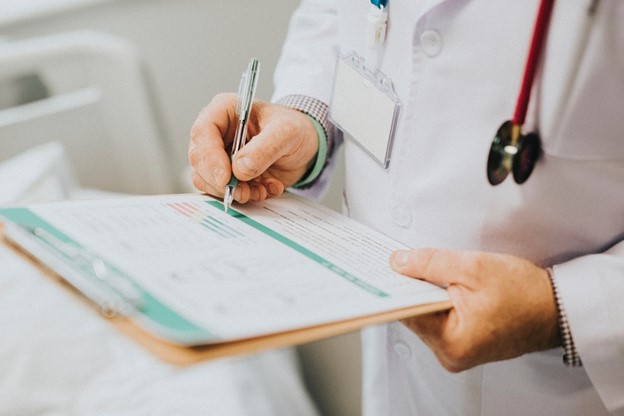
One of the most common reasons that many Americans turn to bankruptcy is the accumulation of medical debt. When faced with rising medical care prices and insufficient insurance coverage, some people find their other debts and financial problems growing as well.
Can bankruptcy help resolve your medical debt load? What challenges can bankruptcy cause for medical debt? And where should you start? Learn the answers to a few of your most important questions about medical debt and bankruptcy.
Does Bankruptcy Discharge Medical Debt?
The good news for Americans struggling with hospital, doctor, and prescription bills is that these have an excellent chance to be discharged in bankruptcy. Medical debt is usually unsecured debt — meaning debt that is not linked to an asset as collateral. Unsecured debt is generally the easiest type to include in bankruptcy relief through both Chapter 7 and Chapter 13.
This is, of course, no guarantee that a particular debt will be deemed eligible for bankruptcy. For example, debt that you obtained through actual or perceived fraud can be excluded by a bankruptcy court.
Must Medical Debt Be In Collections?
By the time most people pursue bankruptcy protection, many of their debts are in various stages of collections efforts. This may include debts sold to collection agencies, debt that has been charged off of the customer’s account, garnishments, levies, and defaulted loans.
However, your medical debt does not have to be in any default or collection stage in order to qualify for discharge. Any legitimate debt — including to a private individual, doctor, medical office, or hospital — can be eligible for partial or full discharge.
How Will Bankruptcy Affect Medical Care?
One concern that often differentiates medical debt from other forms of debt — such as credit cards — is that you may still need care from the affected providers. Receiving discharge from your obligation to pay a bill can mean that the provider or medical group may not be willing to continue treating you as a patient. And if you need credit in the future, of course, bankruptcy will lower your credit score.
What Can Make Medical Debt Difficult to Discharge?
Aside from things like fraud, your medical debt could be ineligible for bankruptcy for a few common reasons.
First, medical debts may be billed at vastly different rates. Because bills and payments are often delayed to allow insurance carriers to pay, a patient might not receive the bill for their portion for many weeks or even months. To have debts discharged, you must know about them, include them in your filings, and have an accurate amount due.
Second, patients receive bills for medical care from a number of different providers — some of whom the patient may not even be aware of. These so-called surprise billings not only make it difficult to pay all your medical debts, but they also make it difficult to ensure you capture all your debt for bankruptcy.
Where Should You Start?
If your medical debt is holding back your life and adding stress every day, explore how bankruptcy can eliminate it. Call the bankruptcy team at Wiesner & Frackowiak, LC today. We will assess your financial situation, help you find the right chapter of bankruptcy to file, and gather all the information needed to ensure all possible debts are eligible for discharge. Call today to learn more.
